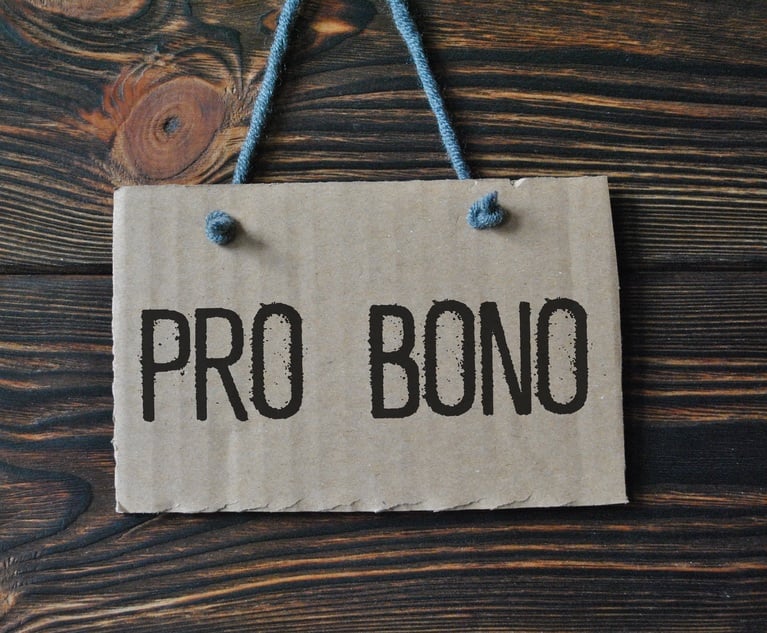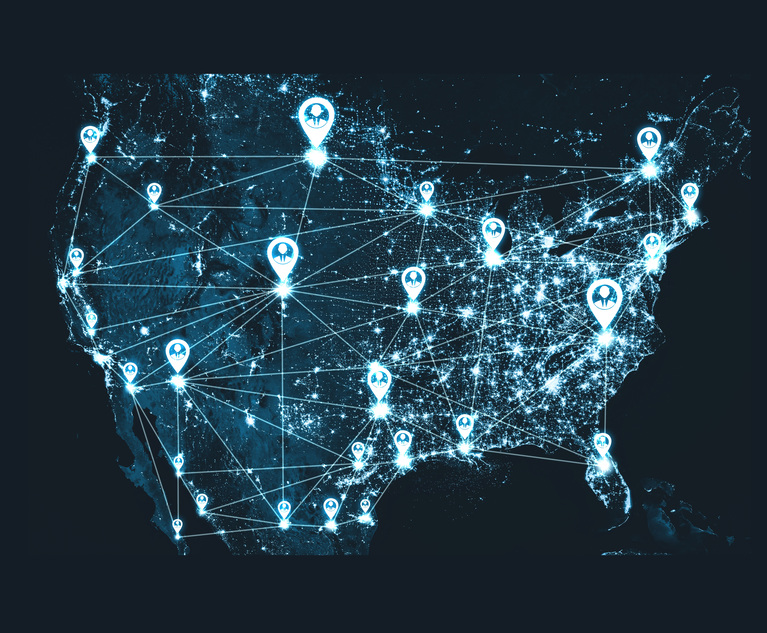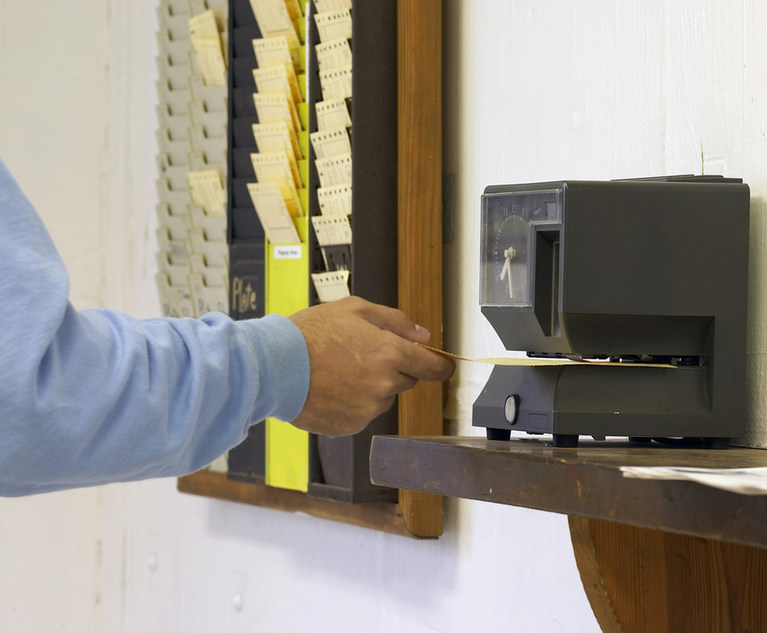On June 30, 2020, the U.S. Court of Appeals for the Third Circuit, in B.L. by Levy v. Mahanoy Area School District, ___ F.3d ___, 2020 U.S. App. LEXIS 20365 (3d Cir. June 30, 2020), broke from several of its sister circuits to rule that public school districts may not discipline students for certain off-campus electronic speech—even when such speech creates a “material and substantial interference with the requirements of appropriate discipline in the operation of the school,” the constitutional threshold set in 1969 by the U.S. Supreme Court in Tinker v. Des Moines Independent Community School District, 393 U.S. 503 (1969).
In Tinker, the U.S. Supreme Court held that “to justify prohibition of a particular expression of opinion,” school officials must demonstrate that “the forbidden conduct would materially and substantially interfere with the requirements of appropriate discipline in the operation of the school.” A school may circumscribe speech that results in the “interference, actual or nascent, with the schools’ work or of collision with the rights of other students to be secure and to be let alone.”


 Shutterstock.com
Shutterstock.com




